Samson Mow, CEO of JAN3, has released an analysis of recent amendments to El Salvador’s Bitcoin Law, casting new light on whether Bitcoin remains legal tender in the country. While the Salvadoran government has repeatedly assured that “everything is awesome,” Mow urges caution, noting that the revisions both preserve Bitcoin’s legal tender status and dilute its classification as a “currency.” He describes the situation as “Bitcoin both is and isn’t legal tender,” which underscores the law’s paradoxical stance.
Amid Confusion: “Bitcoin Both Is and Isn’t Legal Tender”
Mow explains that the government’s original Bitcoin Law still exists, but official references to BTC as “currency” have been removed, and Bitcoin usage is now considered voluntary. In his own words, “It is defined as legal tender but lacks the thing that actually makes it legal tender.” He offers the example of Article 1, which no longer employs the word “currency” and makes BTC optional for businesses. Mow observes that this could diminish the incentive for larger corporations, such as Starbucks or McDonald’s, to maintain Bitcoin payment systems, since legal tender status was previously a motivator for compliance.
He also draws attention to Article 3, which previously permitted any price to be expressed in BTC. The amended text now states that any price “may be converted into BTC,” rather than directly quoted in BTC alone. Mow notes that “most people convert fiat prices to BTC for payment,” yet worries that the change may discourage explicit Bitcoin pricing, as it hints that official amounts might need to be stated in fiat before any conversion.
In Article 4, the government has removed the option of paying taxes in BTC. Mow believes this means the state can also no longer accept Bitcoin for applications such as company incorporations, passport programs, citizenship by investment, or even the $12 tourist fee at the airport. Although the amendments do not explicitly forbid BTC transactions in these areas, the deletion of relevant text effectively disqualifies Bitcoin from being used for these official payments.
Article 5 continues to exempt BTC from capital gains taxes. Mow interprets this as further proof that El Salvador now aligns Bitcoin more with the notion of an asset than with money or a currency, consistent with mainstream views of Bitcoin’s legal treatment around the world.
While the law technically allows citizens to use Bitcoin, Article 7 asserts that the Salvadoran government cannot touch BTC, other than possibly holding it in reserves. It is likewise no longer required to facilitate Bitcoin transactions, a shift that paves the way for El Salvador to wind down or sell Chivo, the state-sponsored wallet platform. Mow notes that “Chivo served as an important fiat/BTC bridge and gave Bitcoin exposure to millions of people.” Even so, it was frequently criticized for bugs and suboptimal performance.
IMF Agreement And The Question Of “Confined” Usage
Mow also raises questions about El Salvador’s agreement with the International Monetary Fund. The IMF’s official language mentions that Bitcoin will be “confined,” but it does not define the term with complete clarity. According to Mow, the Salvadoran government has continued to accumulate BTC in reserves, though it remains uncertain whether this policy will continue or if it might be limited by future interpretations of the IMF deal. He underlines that many Bitcoiners are looking for “a more substantive answer” than an ambiguous “we’re still buying.”
Uncertainty also surrounds the future of merchant adoption. Companies like Super Selectos, El Salvador’s largest supermarket chain, rely on Chivo infrastructure to accept BTC. Mow worries that once Chivo is unwound, businesses could face higher overhead if they choose to integrate another wallet system. He points out that “there are just not enough BTC transactions to warrant the cost of maintaining two payment systems,” suggesting that corporate adoption of BTC could diminish.
He further highlights the political dimension, mentioning that Super Selectos is owned by Grupo Calleja, whose vice-president Carlos Calleja ran against President Nayib Bukele in the 2019 election. Mow does not claim that this political rivalry will necessarily end BTC acceptance, but he sees it as one more reason why BTC usage could be scaled back if it does not generate enough volume to justify extra expenses.
The new voluntary legal tender designation is what Mow calls the “glass half full, half empty” scenario. On one hand, El Salvador still has a Bitcoin Law on the books. The amendments preserve no capital gains taxes on BTC, and the government is free to maintain reserves. On the other hand, the country is no longer unique in its approach. Mow notes that other jurisdictions—such as Prospera, which still recognizes BTC as legal tender; Bhutan and the United States, both of which hold BTC as a reserve asset; and various areas offering no capital gains on BTC—may now rival El Salvador in providing attractive conditions for Bitcoiners.
Mow acknowledges that many crypto enthusiasts moved to El Salvador or built businesses there precisely because the law originally offered a clear, top-down mandate for Bitcoin acceptance. The reclassification, coupled with the ambiguous commitments under the IMF agreement, leaves some of them with open questions about the permanence or strength of the country’s policy. Yet, according to Mow, none of this means the end of El Salvador’s experiment. “There is more adoption of Bitcoin around the world than ever before and ES helped play a role in that,” he says, adding that President Bukele “has to do what he thinks is best for the country first and foremost.”
Mow also reveals the motivation behind his own company, stating, “This is why I started JAN3, and this is why we have been focused on getting more nation-state Bitcoin adoption around the world. We need a strong interlocked incentive structure where countries are competing to out-Bitcoin each other.” He believes that only through real-world usage, either grassroots or endorsed by governments, will BTC gain widespread and lasting acceptance.
These developments in El Salvador mark an evolution rather than a straightforward retraction of the Bitcoin Law. The amendments attempt to reconcile the country’s initial commitment to BTC with practical concerns that have surfaced, including the need to work constructively with international lenders. The result is a scenario in which the law remains on the books, Bitcoin remains legal tender, but the mechanism by which the government and businesses interface with it has been scaled back.
For now, Salvadoran authorities appear content to acknowledge BTC as an asset and maintain existing reserves, while stepping back from obligations to accept BTC for official payments and taxes. Many who observe or participate in BTC’s global growth will be monitoring how these changes play out, particularly if businesses voluntarily decide to keep supporting BTC or begin to abandon it. Yet, as Mow points out, “Political parties in power change. Laws can be changed easily. What matters is real Bitcoin adoption—top down or grassroots, the goal is real people understanding and using Bitcoin.”
At press time, BTC traded at $96,830.


You can get bonuses upto $100 FREE BONUS when you:
💰 Install these recommended apps:
💲 SocialGood - 100% Crypto Back on Everyday Shopping
💲 xPortal - The DeFi For The Next Billion
💲 CryptoTab Browser - Lightweight, fast, and ready to mine!
💰 Register on these recommended exchanges:
🟡 Binance🟡 Bitfinex🟡 Bitmart🟡 Bittrex🟡 Bitget
🟡 CoinEx🟡 Crypto.com🟡 Gate.io🟡 Huobi🟡 Kucoin.

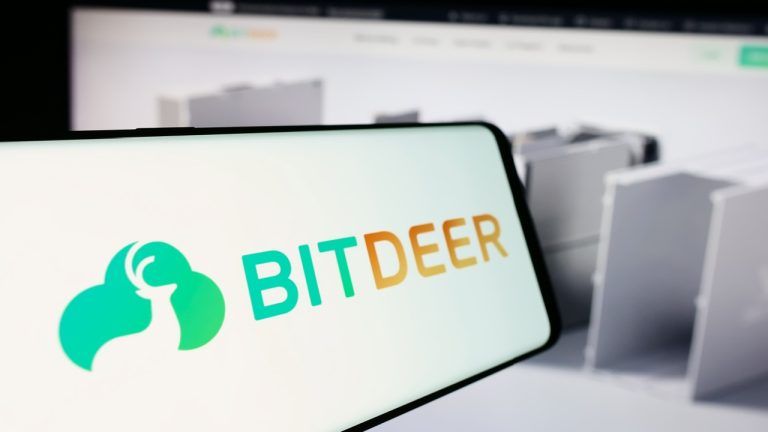
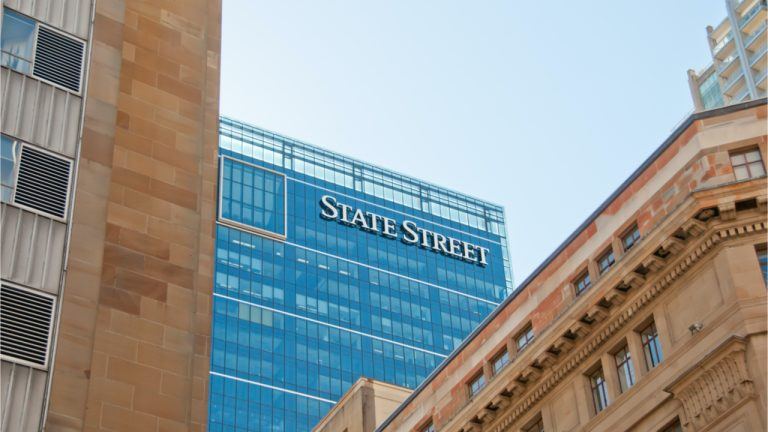
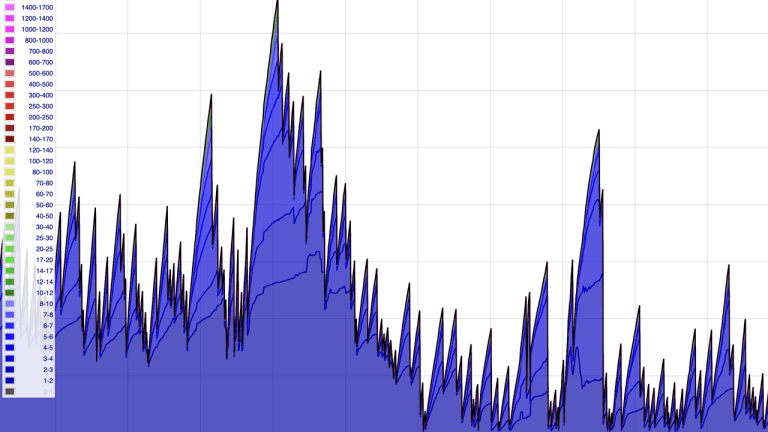
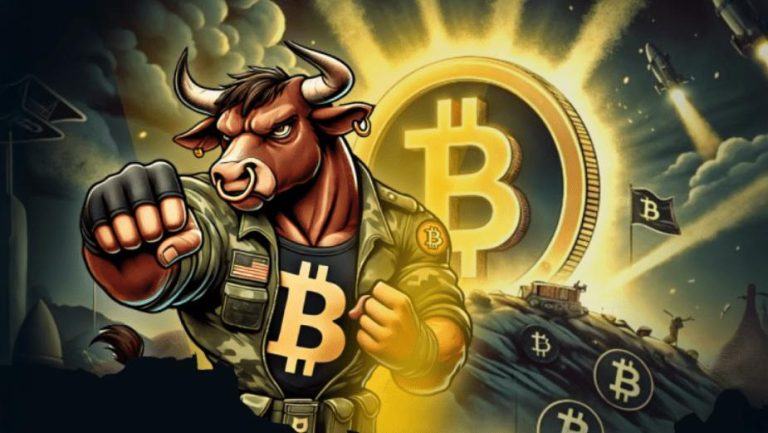
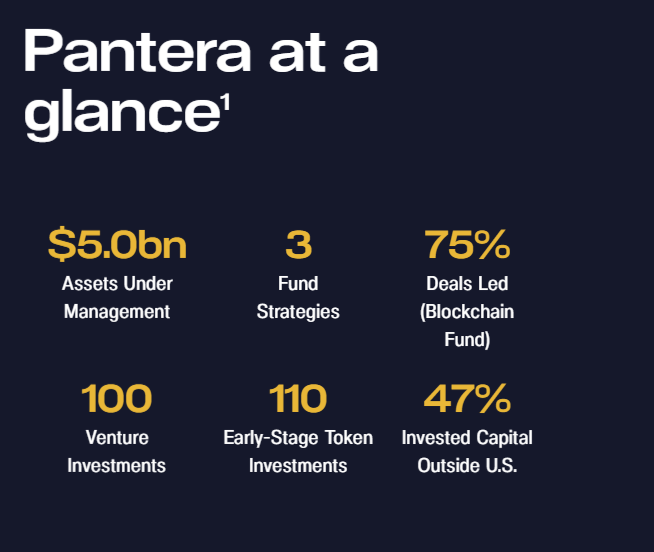
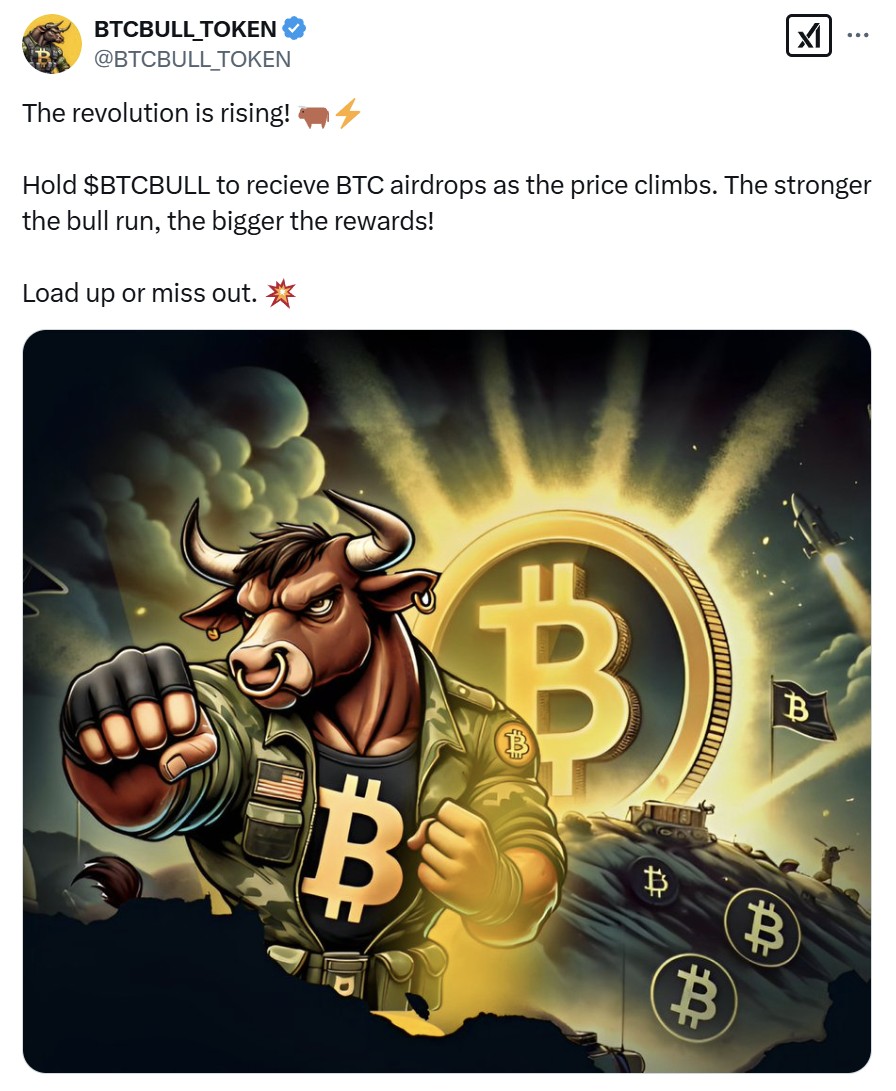



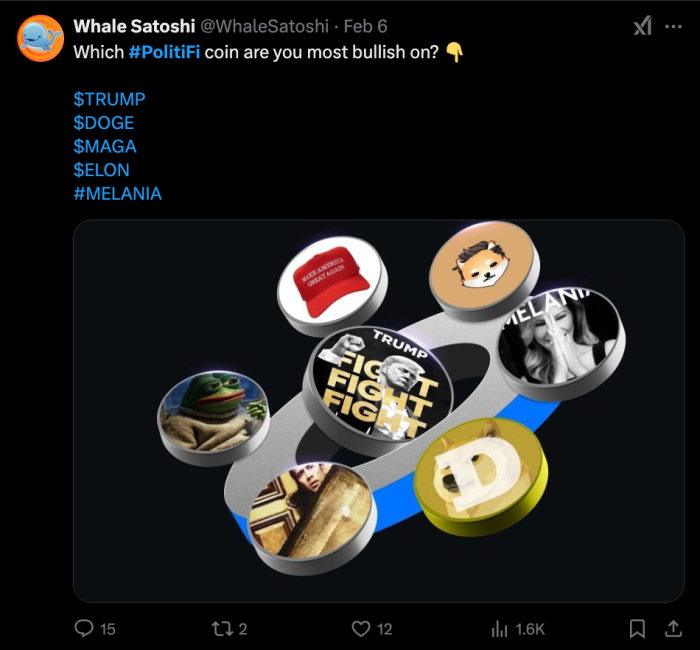
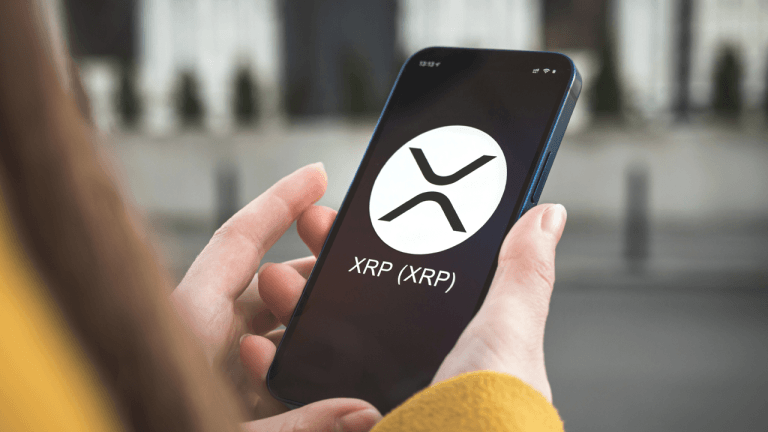

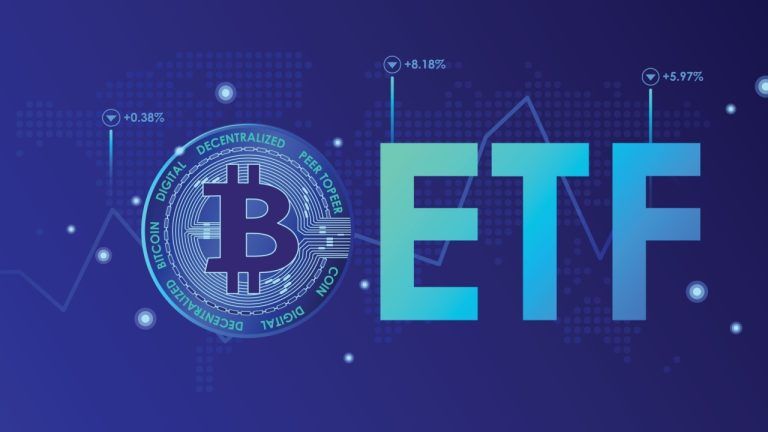





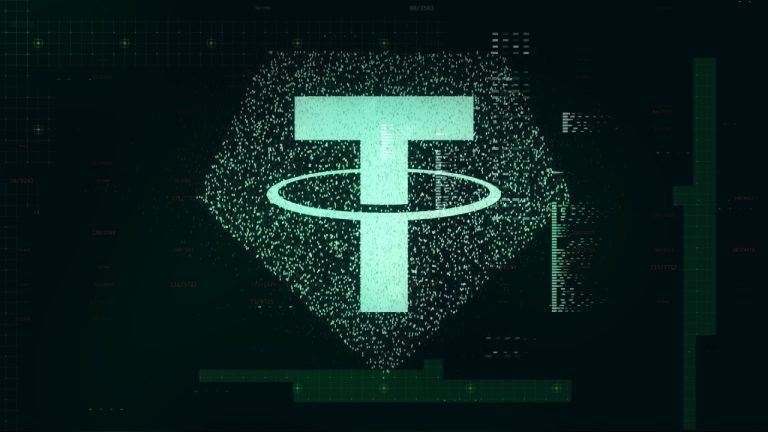
Comments